Over the course of hundreds of conversations about relationships, Iona Lawrence identified a shared challenge around measurement: We don’t know how to measure relationships or whether the game of measurement is futile.
In this blog, we seek to kickstart a generative conversation around the question of how we capture the added value of a relationship-centred approach, and whether this is a useful pursuit. We’d love to hear your experiences, challenges and ideas.

We are collectively in a place where the question of how best to measure or value relationships is deeply contested. For some people measurement is the most important shared challenge anyone interested in relationships has: if we can get better at consistently measuring the impact of relationships we might be able to nudge the skeptics away from believing that relationships are ‘fluffy’ or a nice extra.
Yet for others the act of measuring the value of relationships on terms set by funders or commissioners can threaten the very essence of them.
Wherever you are, a huge amount of energy is poured into the question of how we articulate the value of relationships, and this is threatening our resolve.
Let’s open up the question of how we measure relationships and see whether, together, we can make some progress.
What?
What are we trying to measure or assess when it comes to relationships? Why? What and who are we doing this for?
1. Relationships themselves: sometimes, we might want to measure relationships themselves, whether individual relationships or networks of relationships. We may seek to understand where they are strong, where they are weak, where they are missing. Doing so will help us to see where our relationships need a little nurturing, and where bridges need to be built.
2. The added value of relationships: we might want to measure the outcomes of good relationships or relationship-centred ways of working. Doing so would help us to demonstrate the things good relationships enable us to achieve (better health, greater happiness, higher grades etc) and prove the value of relational work to skeptics and non-believers.
3. Relational practice: at other times, we might wish to look inwards at our practice to assess the extent to which our methods, culture, values and approach enable good relationships to thrive. Doing so would help us improve our relational practice.
What are you seeking to measure when it comes to relationships? Why? Who is the assessment for and what do you hope it will achieve?
How?
How should we go about trying to measure relationships? What are the risks and challenges? What approaches work best or have potential? Where can we look to for inspiration?
Too many commissioning contracts require the completion of impact surveys which, in their deficit-based questioning, can strip people of their agency rather than recognise the power in people’s stories. Too many loneliness measures are academic, remote and cold. Many of these tools perpetuate division and isolation, rather than measure it, much less solve it.
How do you approach measurement and evaluation? Which methods seem to work well and which don’t?
To what end?
How do we then bring what we find and learn about the value of working in relational way together to tell a compelling story and convince others that this is the road we must all travel?
One critical task is not simply to commission new evidence to fill the gaps, but to pull the evidence together better. There’s a job to be done to distill existing evidence sets and disseminate knowledge that emerges in a more coherent and confident way
To strengthen our case we need to double down on the ‘so what’ of relationships. We must surface the evidence of the longer term impact of good relationships. What do good relationships mean and achieve in the long run?
What difference do strong and meaningful relationships make in your organisation or community? What do they enable you to achieve which would’t otherwise be achieved?
Join us
On Tuesday 8th June we’ll be exploring these questions in an open conversation. Together we’ll:
- Share what we’re trying to measure when it comes to relationships
- Explore the challenges and key considerations of measuring relationships
- Share ideas and approaches to doing so in a sensitive, human-centred way
We’d love it if you’d join us.
Read more
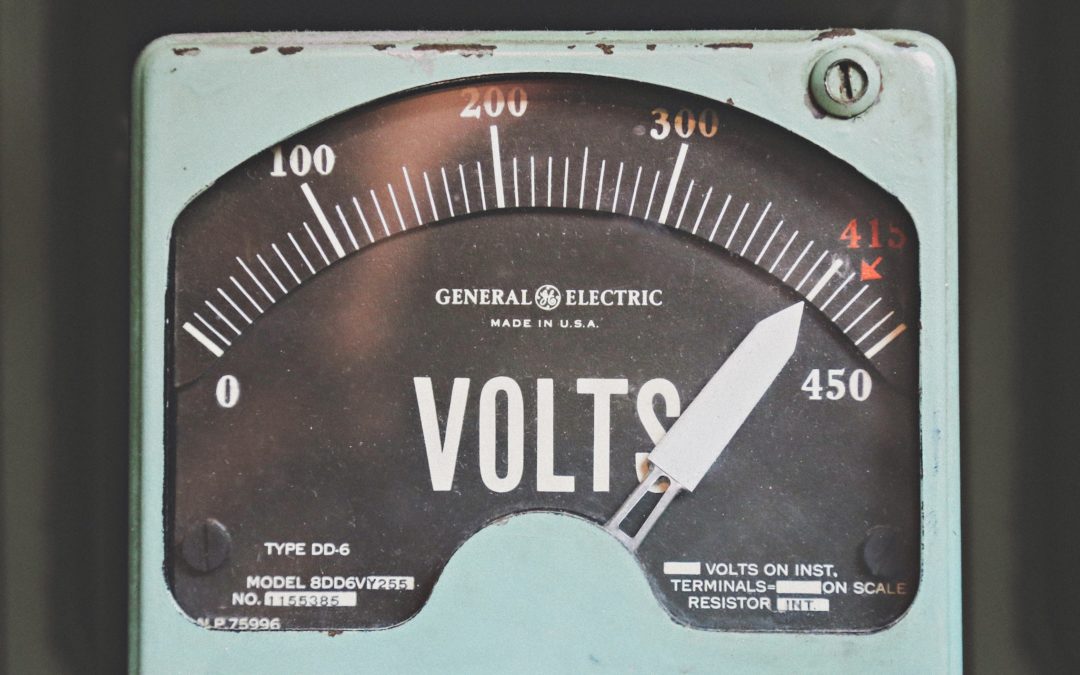
On Power
In brief In this timely contribution to the Joining the Dots series, Hannah Hoare explores the theme of power and inequality, describing the efforts that The Blue Thread are taking to redress the power imbalance between funder and grantee. Hannah reminds us that power...
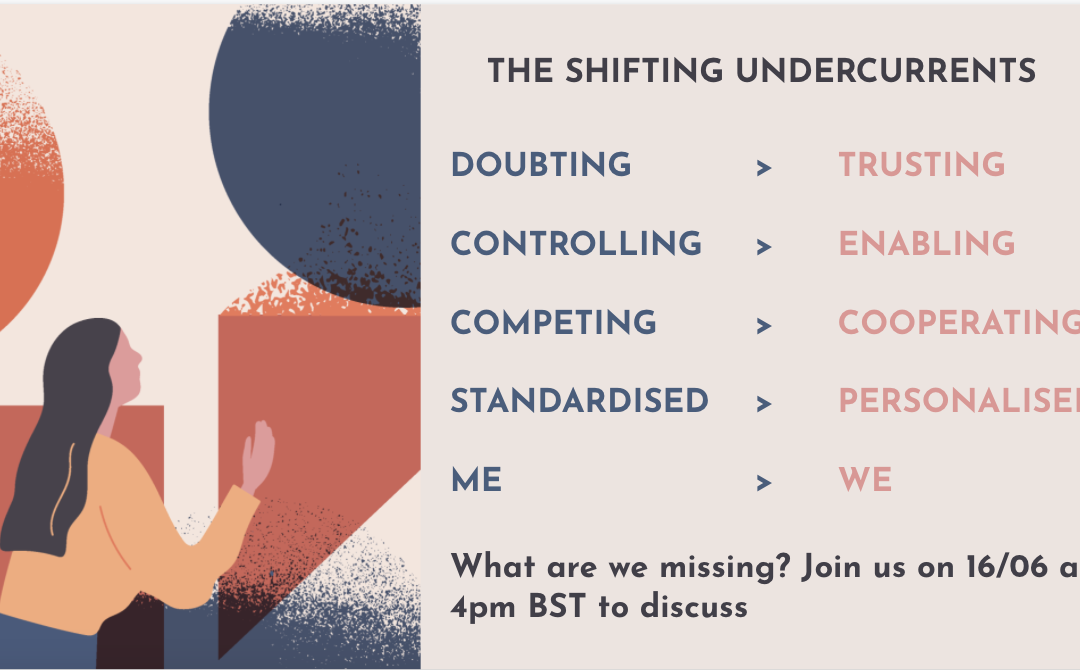
Observatory Sighting #8: Taking Stock (part 2/2)
Following on from last week’s Sighting, we continue to take stock of what we’ve observed over the past few months. In this, our eighth Observatory Sighting, we scratch beneath the surface to reflect on the changing undercurrents which have driven changes in our behaviour.
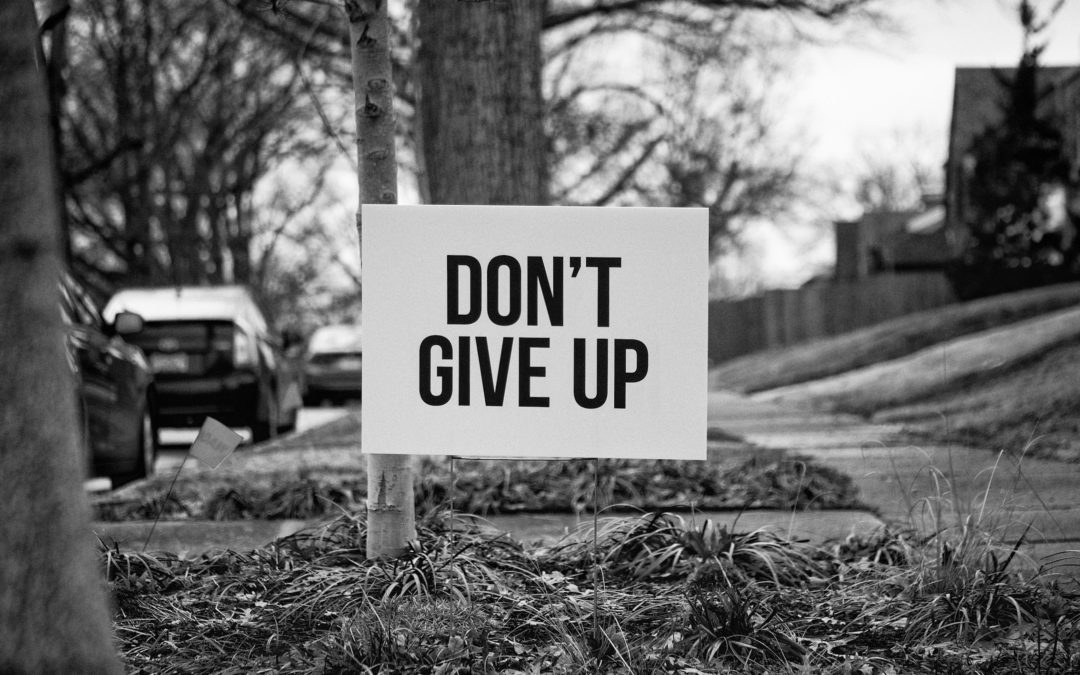
A Message of Hope and Solidarity
In brief In this beautiful message of hope, Khaled A reflects on the similarities between his experience as an asylum seeker and our shared experience of lockdown. He says “the mutual experience can help us all to understand each other better.” Khaled is originally...
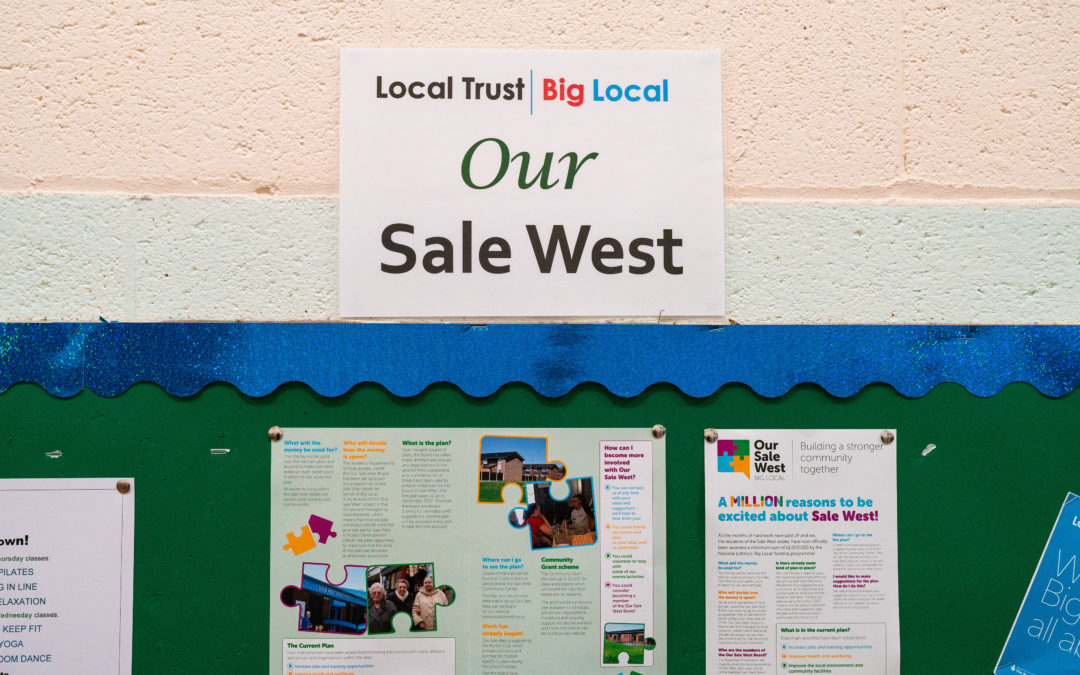
Connected Communities: Investing in our social fabric, post-crisis
In brief In this blog for The Relationships Observatory, Sam Julius and Jessie Powell from Local Trust explore the value of relationship building in communities and how we can look to sustain the recent surge in local connection after COVID-19. To find out...
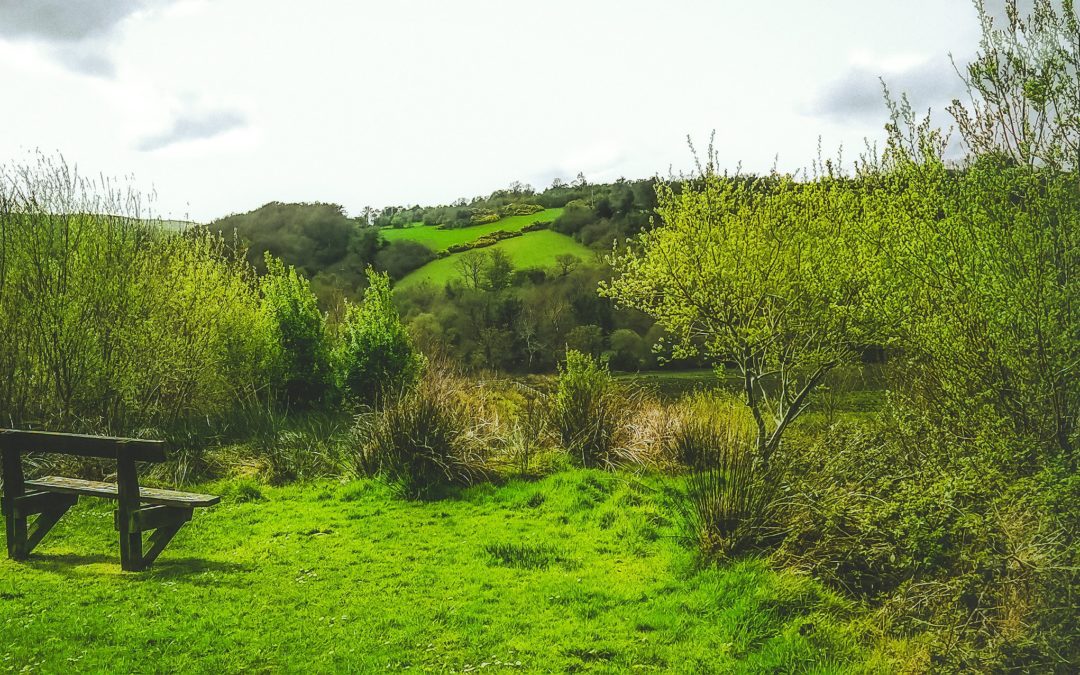
Observatory Sighting #7: Taking stock (part 1/2)
In this, our seventh Observatory Sighting, we begin to take stock of what we’ve learnt about the response to the outbreak of coronavirus.
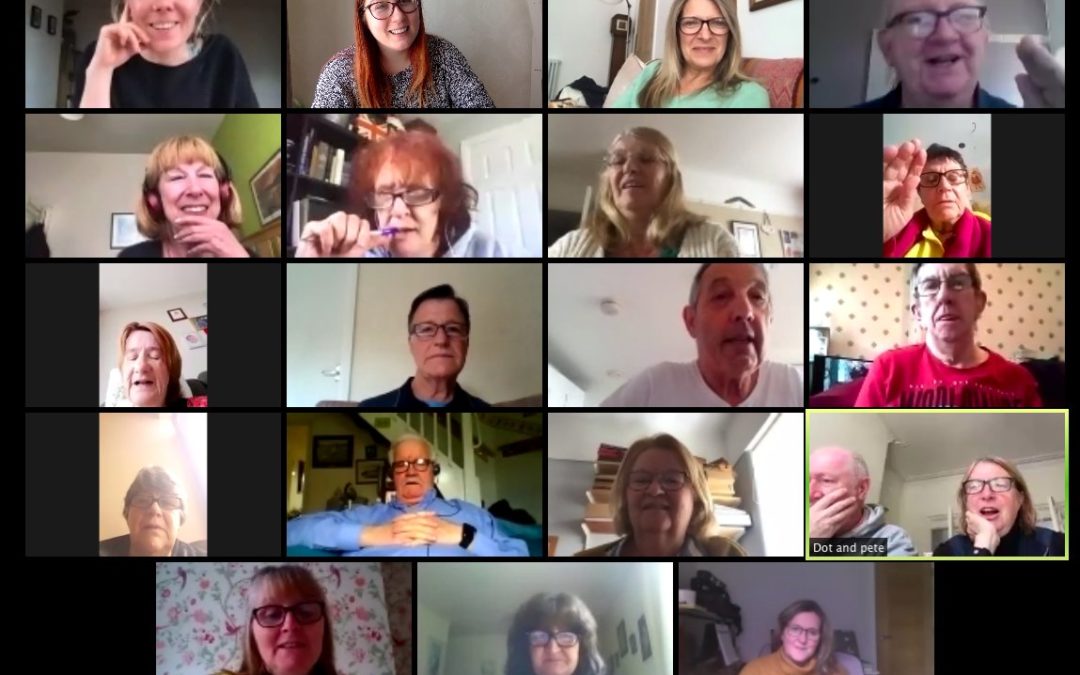
Intergenerational Solidarity in the Coronavirus Era
In brief In this blog for The Relationships Observatory, Cares Family CEO and Founder Alex Smith reflects on the importance of intergenerational solidarity for socially isolated older people and economically isolated younger people. The Cares Family is a group of...

Building Back Better
In brief In this short blog, David takes stock of what we've learnt from The Relationships Observatory and offers a positive reflection on what we take forward as we rebuild. This blog has also been published as part of Compass's #BuildBackBetter series. 750,000...

Observatory Sighting #6: Coming together and moving apart
In our sixth Observatory Sighting, we explore the ways in which we've both come together and moved apart, and ask how we can do more of the former and less of the latter. We have been looking at where communities are coming together across faiths, geographies...
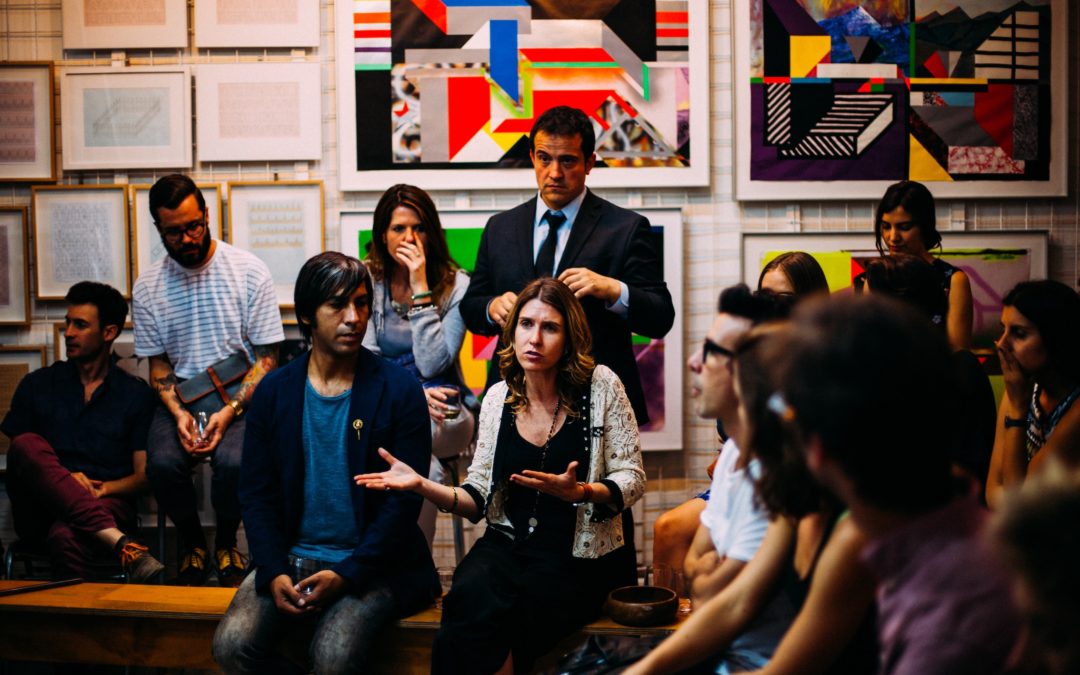
Observatory Sighting #5: From control to participation?
In our fifth Observatory Sighting, we explore the theme of participation, exploring instances in which we've seen a shift from control to participation and asking ourselves how this can be sustained. In the Looking to the Future discussion last week we took...
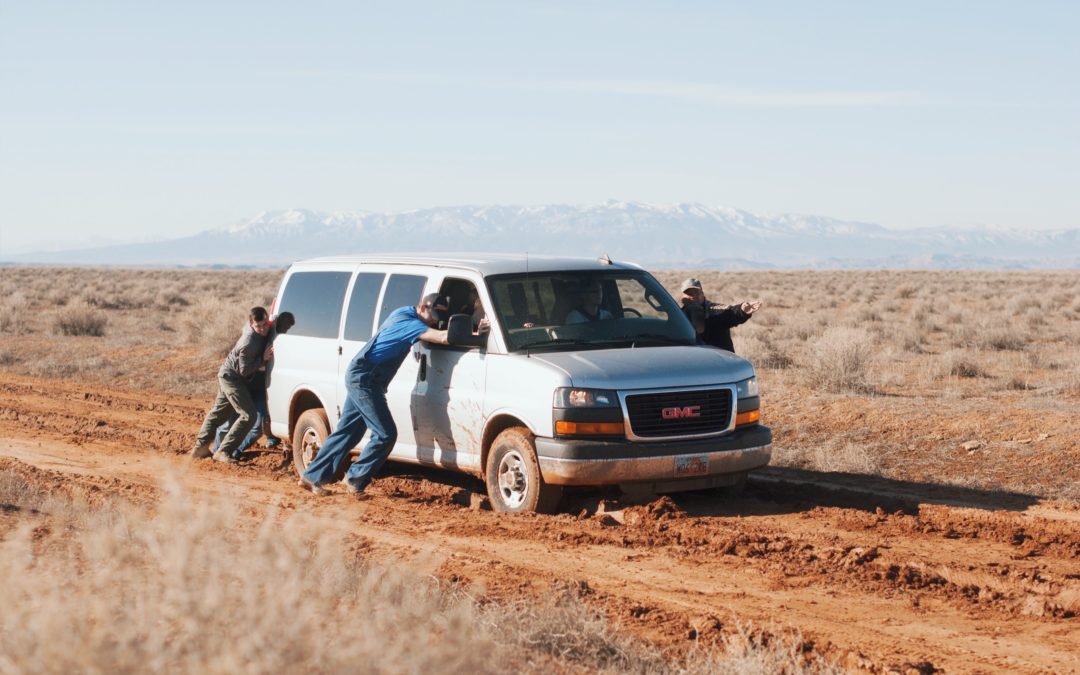
Observatory Sighting #4: From competition to collaboration
In our fourth Observatory Sighting, we discuss the shift from competition to collaboration born from the necessity of a rapid, joined up response to the disruption wraught by Covid-19. Relationships between organisations are changing as much as relationships between...
